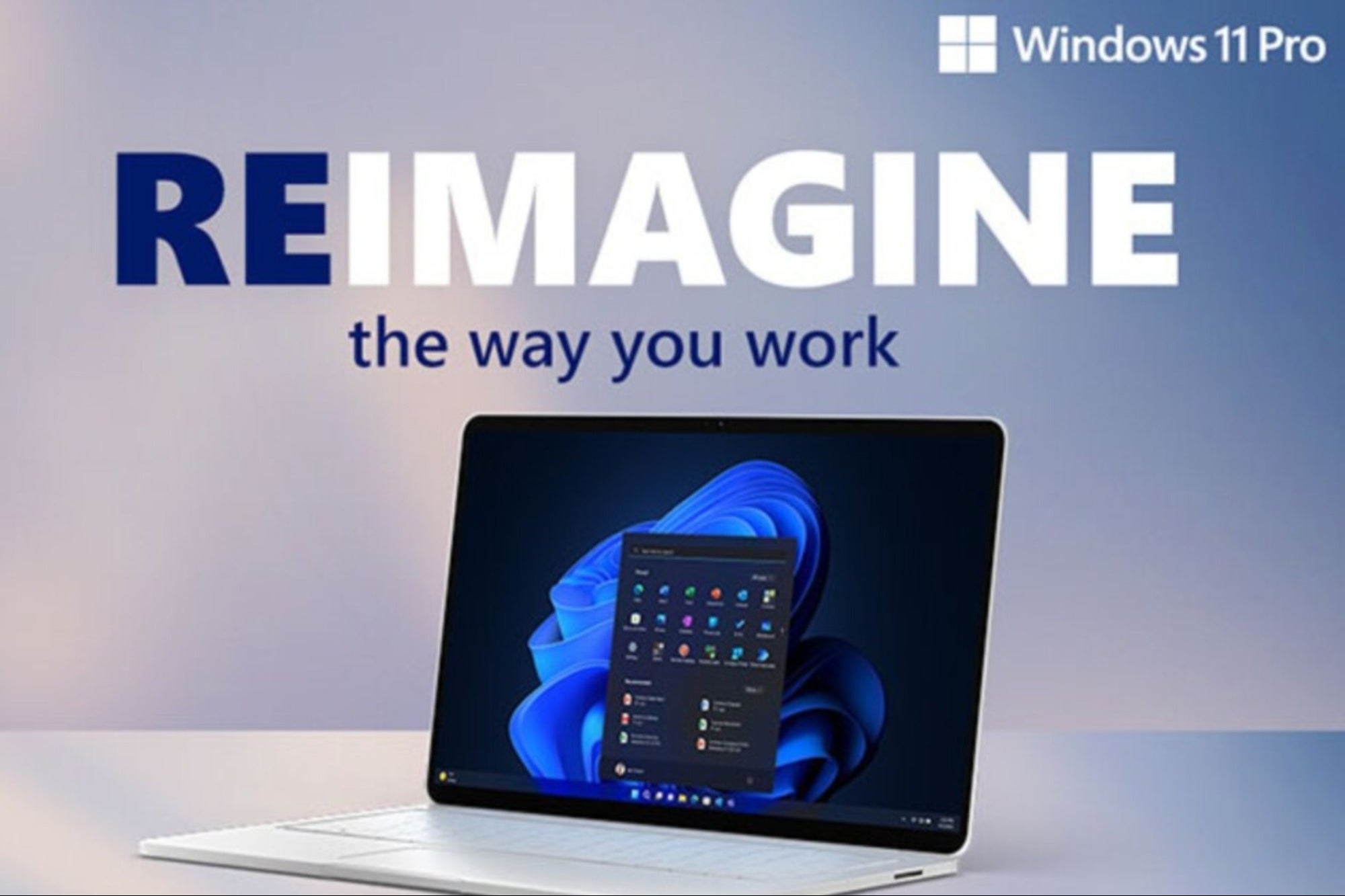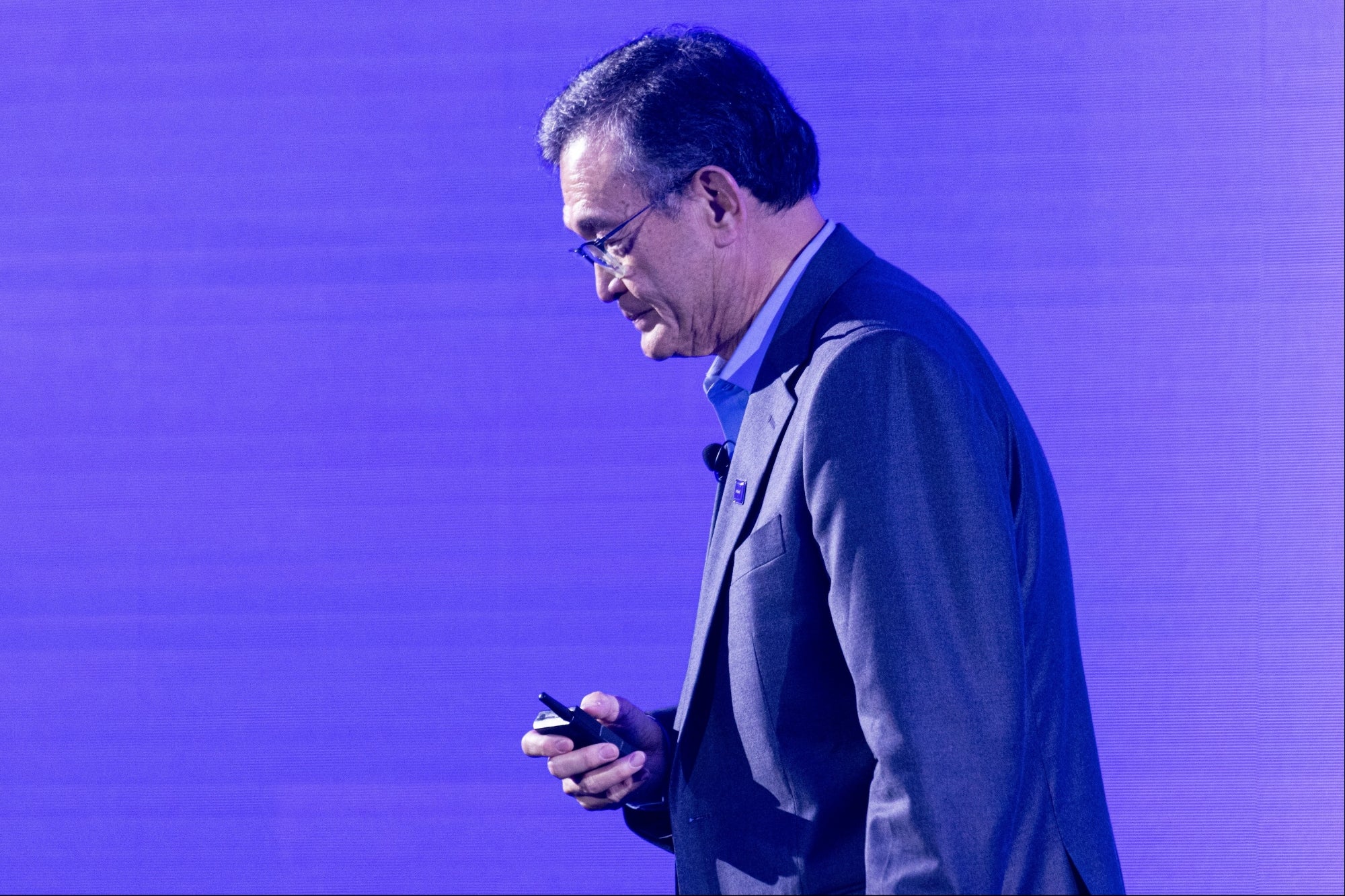Why Gen Z is Ditching Old Online Platforms for More Control Emerging social media platforms need to keep agency and discoverability top of mind if they are looking to engage and retain Gen Z creators.
By Rachel Sterling Edited by Micah Zimmerman
Key Takeaways
- Gen Z creators want stability, ownership, and control over their online presence.
- Emerging platforms must prioritize agency and discoverability to attract Gen Z.
- Owning a personal domain protects creators from platform changes and disruptions.
Opinions expressed by BIZ Experiences contributors are their own.
Six months ago, if you asked any Gen Z creator what platforms they used most often, they would point to Instagram, TikTok, Snapchat, Discord and Tumblr.
These platforms have been the go-to spaces for creators to share content and monetize their personal brands. It's where they've shared favorite recipes, dating drama and DIY home renovation tips — where they've built their niche and connected with their audiences.
For many creators, this remains true. But with TikTok's uncertain future after its temporary ban in the U.S., many are questioning the stability of mainstream platforms and exploring alternatives. This shift presents a significant opportunity for emerging social media platforms to step up, many of which are already racing to attract these creators.
The big question remains: How can these platforms attract Gen Z — a critical segment of the creator economy – and once they do, how can they retain them?
Here's why emerging social media platforms need to prioritize agency and discoverability if they want to engage and retain Gen Z creators.
Related: How Gen Z is Impacting Business and Marketing Decisions
Winning over Gen Z creators with agency and discoverability
As social media platforms become more unpredictable — whether due to policy changes, bans or shifting monetization models — creators are recognizing the need to secure their audience and income beyond the control of any single platform.
Otherwise, frequent platform changes perpetuate the constant grind of creators having to re-introduce themselves, master new algorithms, and adapt their content, all of which contribute to burnout and hinder long-term growth. This can erode audience trust, as repeated shifts weaken loyalty and confidence. Additionally, these disruptions lead to costly rebuilds that drain time and resources while fragmenting audience reach. Not to mention sudden income loss, difficulty securing brand deals, and the emotional toll of rebuilding an audience from scratch.
This shift is especially critical to Gen Z creators, who value agency and transparency in owning their own brand and the discoverability of their work. Unlike previous generations who were more likely to adapt to platform constraints, Gen Z creators have grown up in an era of digital empowerment. This generation is looking for a more stable alternative where they can own their audience and brand identity instead of relying on ever-shifting algorithms. Creators can better adapt to platform shifts by diversifying their presence and investing in their own online identity to maintain visibility and control.
As a result, the next wave of the creator economy is establishing personalized domains as a one-stop shop for their links, platforms and content. Personalized domains are the cornerstone of a consistent, cohesive digital presence, offering creators flexibility and longevity beyond social platforms. Owning one can help safeguard content, audience connections, and monetization against platform disruptions.
It is critical that emerging social media platforms keep this in mind as they try to attract and retain Gen Z creators. Platforms that enable easy discovery of content and the ability for creators to own their personal brand through unique domain names will come out on top.
Related: How Gen Z Managers Are Doing Things Very Differently
Platforms that are getting it right
One platform that is moving in this direction is Substack. In January, the company announced a $20 million creator fund, hoping to entice users with a more stable alternative where creators own their audience instead of relying on opaque algorithms. Beehiiv also recently launched a similar "Creator Accelerator," with the goal of offering more stability for newsletter creators.
But even as the number of options for Gen Z creators proliferates, ultimately, these offerings are just stepping stones. The real autonomy and power are in owning your audience outright. If TikTok disappears tomorrow or Substack shifts its strategy, where do your followers go? The answer should be your own domain, where you control your reach, your business, and your future. Platforms will always be part of the equation, but discovery should serve creators, not trap them in someone else's ecosystem.
Bluesky is adopting this approach by allowing users to integrate personal domains as handles. The platform provides a unique decentralized approach that prioritizes user autonomy. On decentralized platforms like Bluesky, owning a domain that directly connects to your social profile helps create a unified online identity and boost visibility.
The road ahead
As the social media landscape continues to shift, the power is shifting too, towards creators who take ownership of their online presence. With platforms like Bluesky already taking this approach, there's a clear opportunity for emerging social networks to create new and improved ecosystems.
By prioritizing agency, discoverability, and creator autonomy, emerging platforms can offer the stability and ownership that Gen Z creators crave. Together, platforms and creators can build sustainable, creator-first ecosystems centered around online identity where audiences can follow, engage, and thrive.












